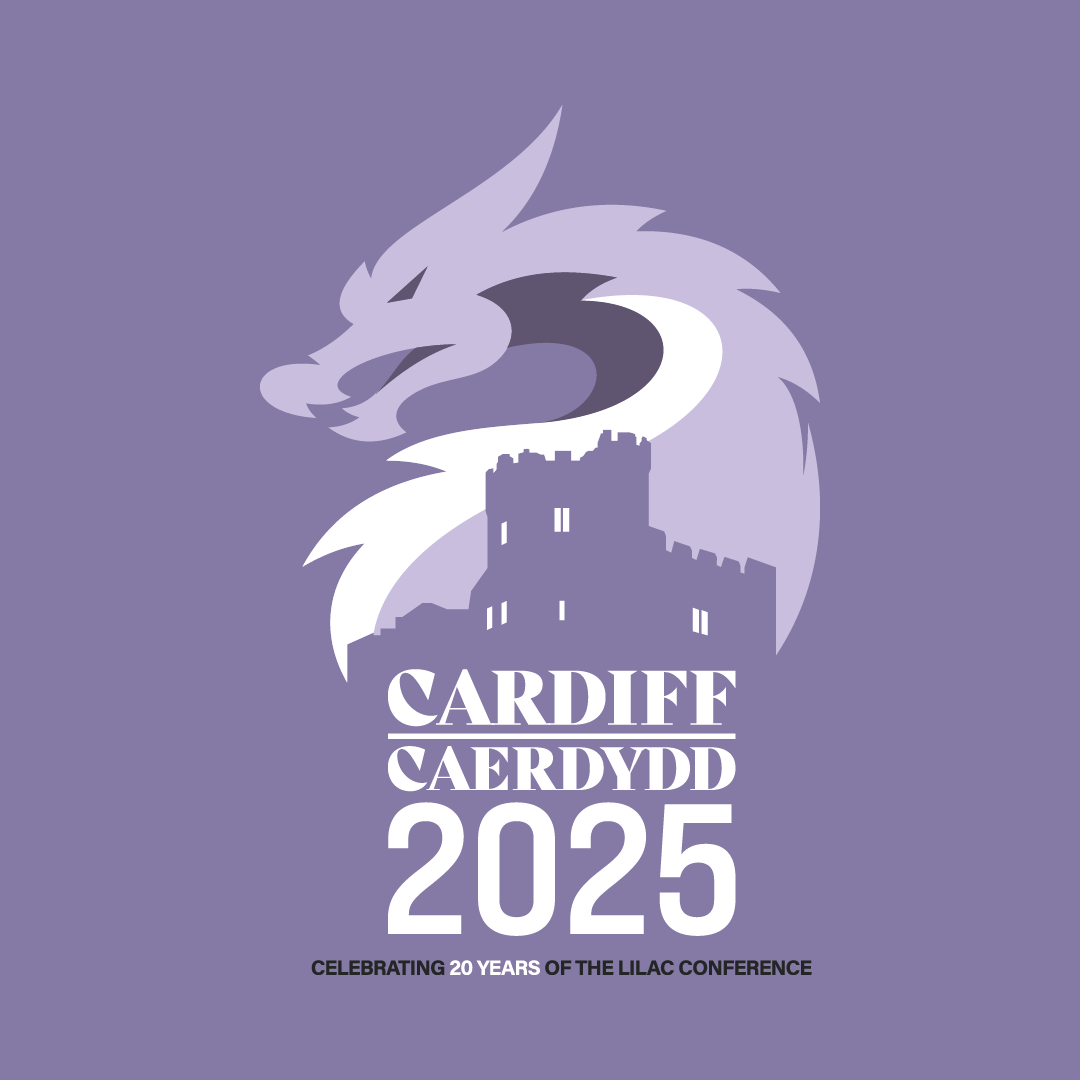Abstract
In an age where generative artificial intelligence (AI) tools seem to dominate every discussion, how do you ensure that everyone across a university has the information and digital literacy skills they need to understand the mechanics of these tools and the opportunities, limitations, and ethical issues associated with their use?
The Library Academic Support Team at Leeds Beckett University were asked to lead on the development of student and researcher guidance in supporting the use of generative AI due to our involvement in supporting and developing good academic integrity practice across the institution. Using this work of as an example, we will explore how the educational shake-up caused by the launch of ChatGPT benefited our work as information literacy practitioners and created opportunities for collaboration, particularly with those who had been traditionally harder to reach. Our experience suggests that the opportunities created by this disruptive technology is facilitating a culture of collaboration with colleagues beyond the Library to strengthen information and digital literacy skills for all members of our university, including colleagues not involved directly in teaching. Through our combination of information and digital literacy knowledge, understanding of research, teaching and learning, and our role as relationship managers, we were able to use this opportunity not only to enable collaboration across the university (particularly with professional services colleagues) but also to shape and influence policy and decision making in this area.
In this session, we will discuss how we navigated the challenges raised by generative AI with a focus on our collaborations with colleagues across Library and Student Services, Quality Assurance Services, the Centre for Teaching and Learning, and our Students’ Union Advice Service. We will outline how our knowledge of information and digital literacy allowed us to be active players in the shaping of the university’s guiding principles and guidelines around the use of generative AI and has allowed colleagues to understand the importance of information literacy as a necessary workplace skill and not just as an abstract concept required for study. We will discuss the benefits and lessons learned from the process, including how we developed flexible learning materials and created opportunities for co-delivery of sessions with colleagues in the Students’ Union and our wider service. Finally, we will talk about some of the ways we are assessing the effectiveness and impact of our work so far, including the collection of feedback.
Attendees will leave with some potential ideas for collaborations, including suggested approaches for identifying opportunities, creating teaching materials for colleagues not normally directly involved in teaching, determining effectiveness and impact of these activities, and sources of support and collaboration beyond your own institution.
